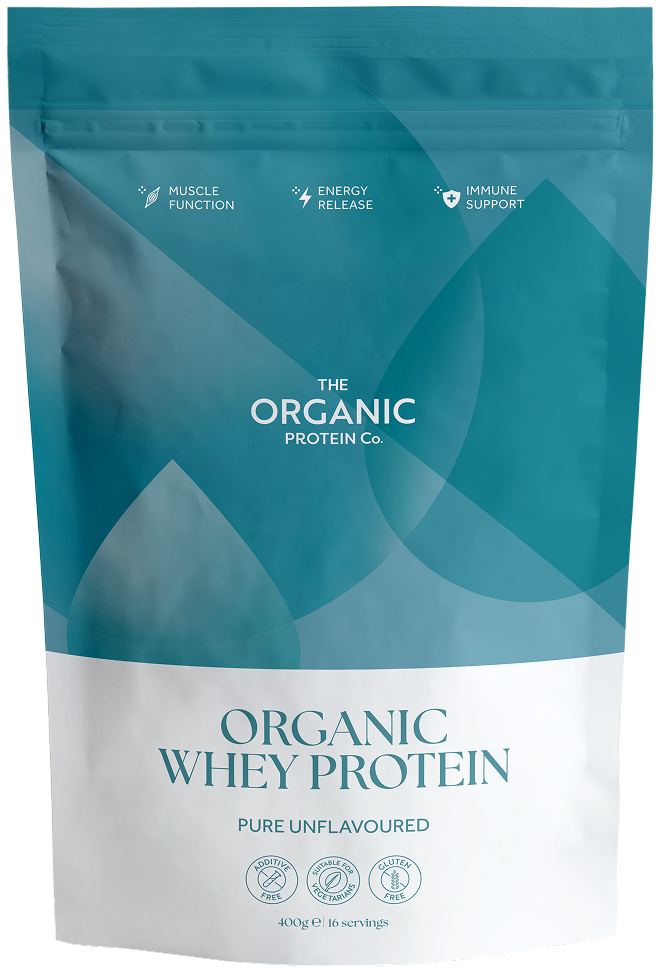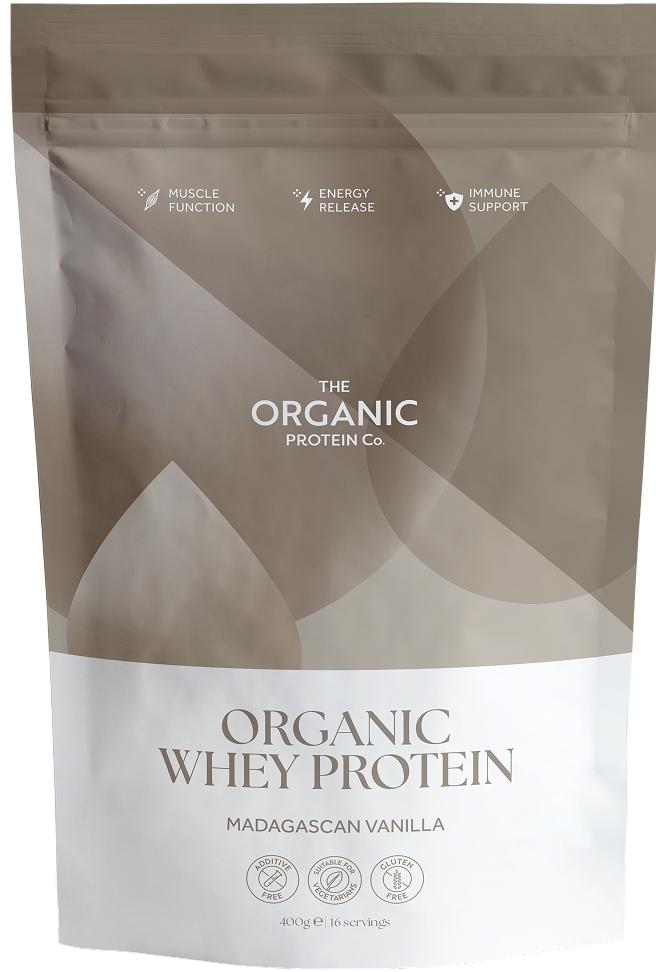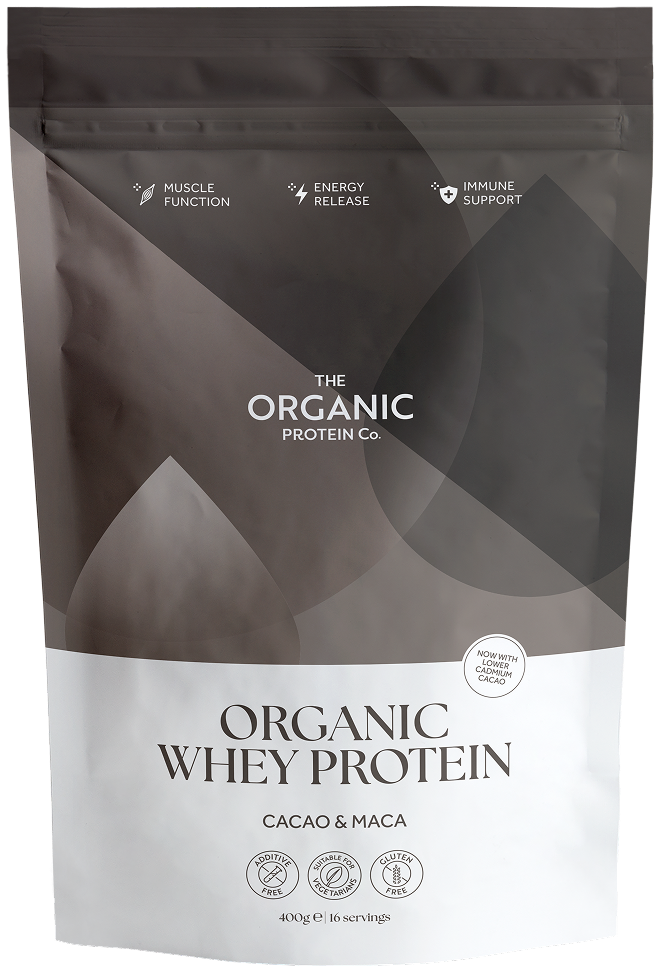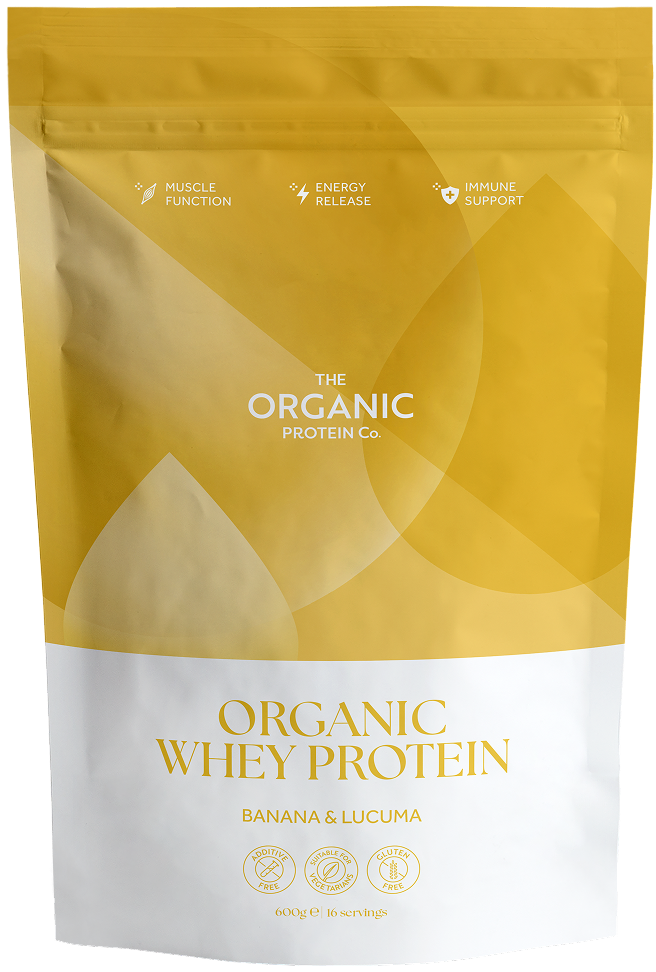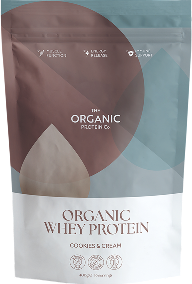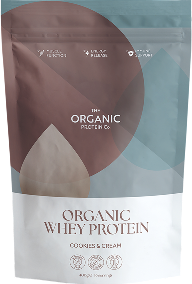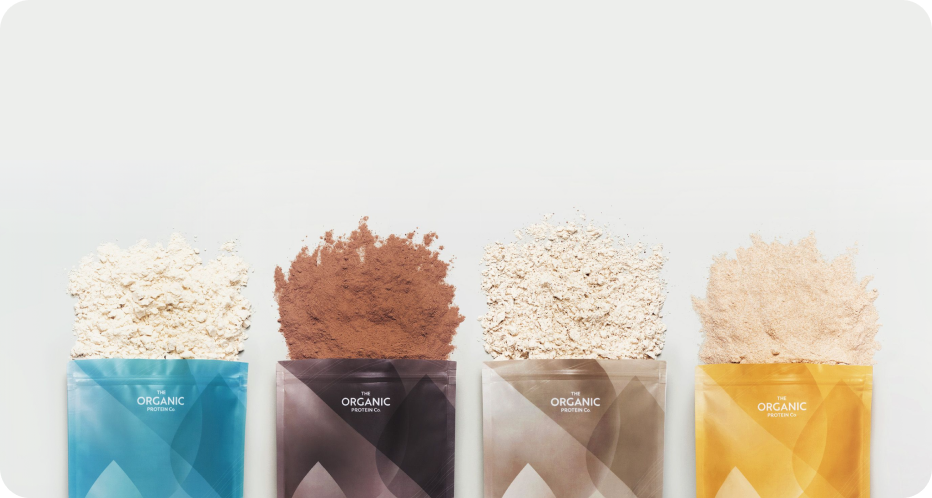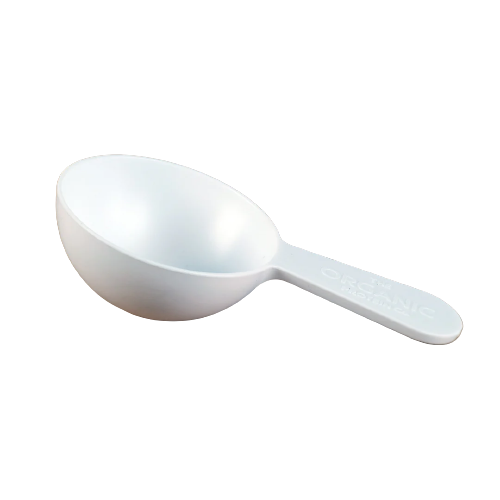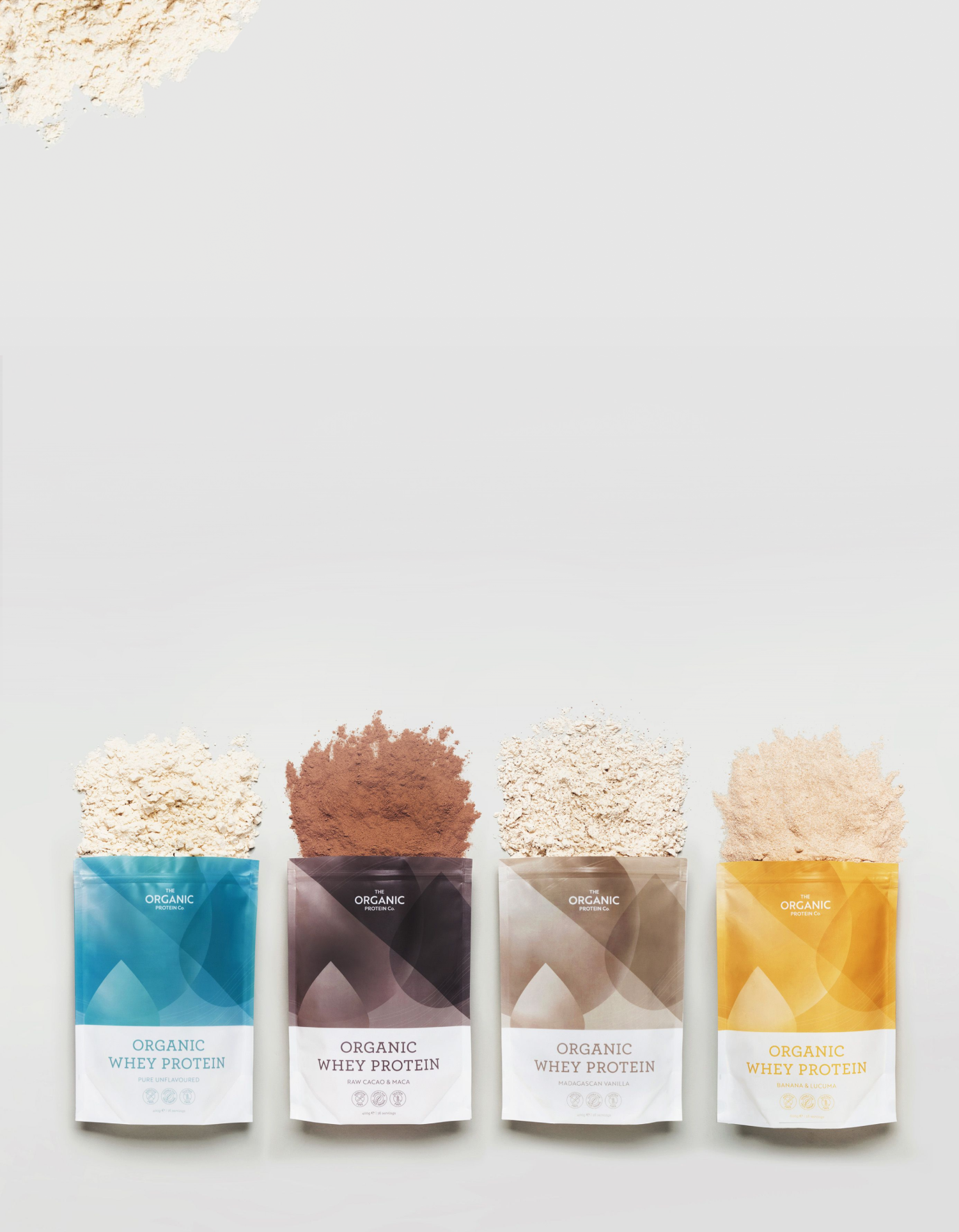With protein powders becoming a staple in many diets, questions about what the different options actually contain have come to light. One that receives a lot of attention – justifiably, in our opinion – is whether they contain especially high amounts of heavy metals.
Concerns about these contaminants have grown recently, as studies and testing projects – such as those by the Clean Label Project – have shown detectable levels of heavy metals in various protein powders. In this guide, we’ll cover why that is, what that could mean for your health, and how to choose the best products with this in mind.
What are heavy metals?
Heavy metals are naturally occurring elements that have a high atomic weight and density, making them heavier than most other elements – primarily, water. (1) Examples of heavy metals include:
- Lead
- Copper
- Iron
- Zinc
- Mercury
- Arsenic
- Cadmium
- Chromium
While some heavy metals, like iron and zinc, are essential for our health in trace amounts, others – including lead, arsenic, cadmium, and mercury – are toxic even in low concentrations. (2)
As publicity and public knowledge of the term grows, it’s become controversial amongst some scientists, with some believing there’s a clearer way to define these elements, such as “potentially toxic elements”. (3)
How do we ingest heavy metals?
These metals can accumulate in the environment due to industrial pollution, agricultural practices, and other human activities, potentially contaminating soil, water, and, eventually, the food we eat. Other routes of ingestion or exposure in modern life can include cosmetics, cigarettes, or electronic devices. (4)
It’s almost impossible to avoid ingesting some heavy metals in our daily lives but the striking fact is that levels of heavy metals in our bodies have increased dramatically, largely due to the “industrial activities of the 20th century”. (5) It’s this build-up over time which can begin to cause issues for us.
What problems can heavy metals cause in our bodies?
The ‘bioaccumulation’ of heavy metals and other contaminants in our bodies can disrupt critical body functions, impacting the nervous system, kidneys, liver, and other organs. (5) Regular exposure to elevated levels, even in small amounts, is associated with increased risks of neurological and cardiovascular issues (5) and developmental issues in children (6), making it important for us to be aware of potential heavy metal presence in our food products and supplements as consumers – and businesses.

Do protein powders contain heavy metals?
The issue of whether protein powders have heavy metals has come under scrutiny as studies, such as those by the Clean Label Project who tested 134 of the top-selling protein powders, have detected heavy metals like lead, cadmium, arsenic, and mercury in various products. (7)
The presence of these metals is often due to factors like soil quality, water used in cultivation, and the environment where the ingredients are sourced. Heavy metal content tends to be higher in plant-based protein powders than animal-derived options, particularly so with rice protein, as the plants which make them readily uptake heavy metals from the soil, air, and water. (7)
And, although these metals occur in small amounts, they have raised questions about safety, especially for individuals consuming protein powder regularly.
Should we be concerned?
For most people, the low levels of heavy metals found in reputable protein powders are within safe limits. (7) Nevertheless, it’s still important to understand why these metals may be present and to choose products from companies with transparent sourcing and careful testing practices to avoid ingesting excessive amounts of these potentially harmful substances.

Choosing your protein powder: what to look out for
While some contamination is naturally occurring, certain products go above and beyond to minimise the risk of heavy metal contamination. Here’s what to keep in mind as you evaluate your options:
- Non-GMO and organic labels: Organic farming minimises synthetic pesticide and fertiliser use, which potentially means fewer potential contaminants are absorbed by plants.
- Transparency on sourcing: Brands that are transparent about their sourcing, farming practices, and production methods are often more reliable and provide an added layer of assurance.
- Third-party testing: The third, and arguably the most important, action a company can take is to submit their products for independent heavy metal testing. When choosing your protein powder, check if this information is made readily available.
Our heavy metal testing process
Since 2016, we’ve been having our own protein powders tested by independent laboratories to determine the levels of heavy metals. It’s something our customers feel passionately about – and so do we.
You can see our latest results from 2024, where we’re proud to have continued performing exceptionally well. While we can’t completely eliminate all traces of heavy metals, we consistently have the lowest reported levels in any whey protein products we’ve found.

The bottom line
It’s encouraging to know that, while protein powders can occasionally contain trace amounts of heavy metals due to natural environmental factors, these levels are generally considered safe for most people when consuming high-quality products. Nevertheless, limiting our intake won’t do any harm either – particularly for those of us who are consuming protein powders on a regular basis.
By selecting brands that prioritise organic ingredients, third-party testing, and transparent sourcing, you can enjoy the benefits of protein supplementation with greater confidence that they’re not causing you unintentional harm.

